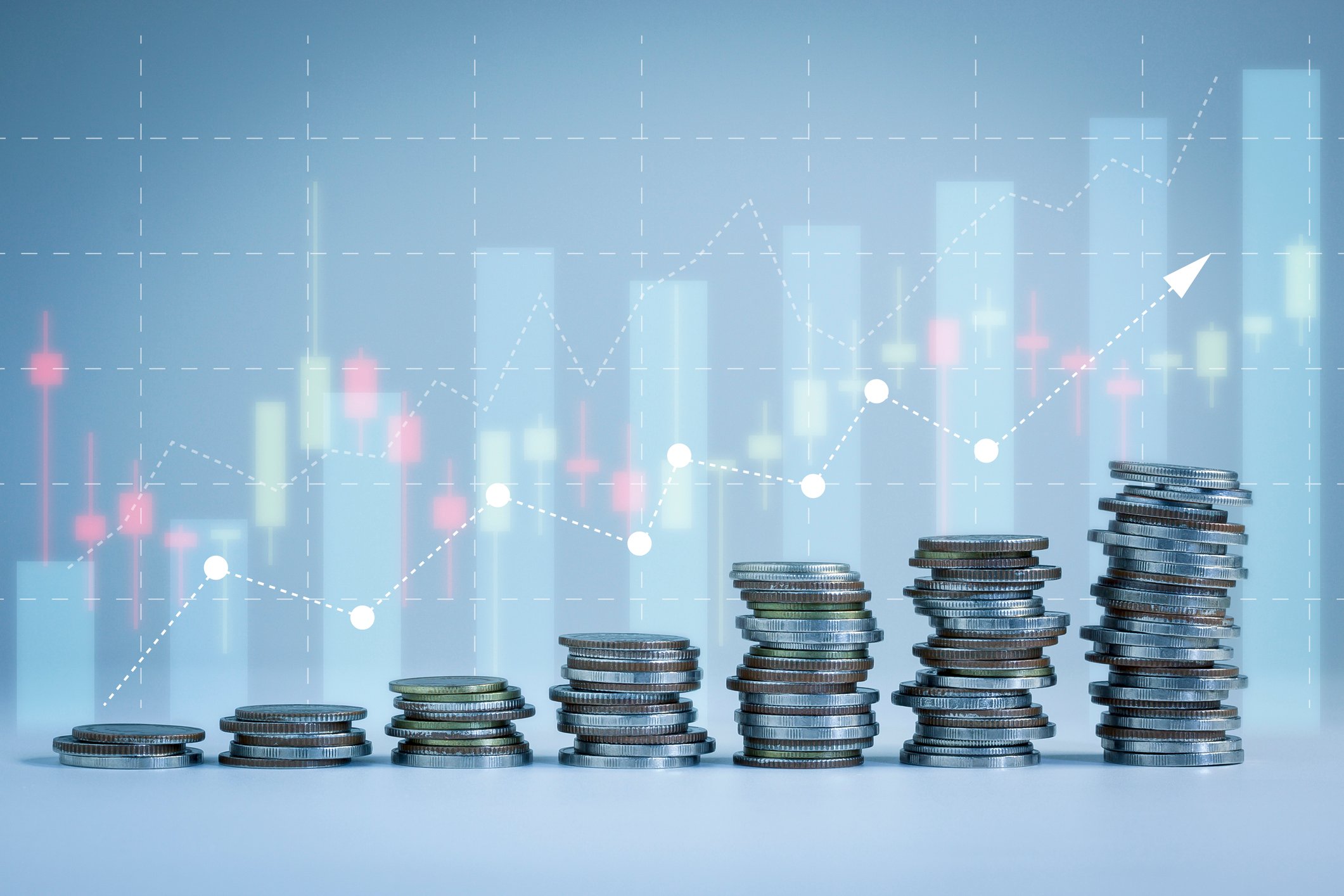Kinder Morgan (KMI +2.01%) unveiled some nice surprises when it reported second-quarter results earlier this month. Not only did the pipeline giant announce plans to provide investors with a 60% dividend increase next year and 25% annual increases in both 2019 and 2020, but its board authorized a $2 billion share repurchase program. Driving the decision to buy back shares instead of providing even larger dividend increases is the company's current valuation, which is much cheaper than rivals.
That said, just because Kinder Morgan's board has authorized a buyback, doesn't necessarily mean the company will repurchase any shares. That's because, from a pure value-creation standpoint, buying back its stock might not be the best use of that $2 billion. Here's a look at why it's possible that the authorization might go unused.

Image source: Getty Images.
An authorization to be opportunistic
One of the things that Kinder Morgan management hammered home on the conference call accompanying its results is that they see the buyback as an opportunistic tool to enhance value for investors. CEO Steve Kean put it this way:
[The] share repurchase, which is kind of unique in our sector, gives us the ability to be opportunistic when we see an opportunity to purchase -- to return value to shareholders through a share repurchase rather than locking it all in on the dividend increase. So, we think it's a good mix of ways to return capital to shareholders, return value to shareholders.
Founder Rich Kinder followed up those comments, saying:
And I would add that opportunistic purchases of shares is certainly something we would be interested in, particularly since right now our share to DCF ratio is about five turns below our peer group average. So, we think that's mispriced in that sense.
As Kinder points out, at the time the company unveiled its buyback, the stock was cheap. In fact, it's currently trading at about 10 times expected 2017 distributable cash flow (DCF) per share, which is well below the mid-teens multiple of most rivals. At that valuation and share price, $2 billion could retire about 5% of its outstanding shares. That in turn would boost DCF per share by about 5%, which if nothing else would be expected to cause the stock price to rise by a similar amount.

Image source: Getty Images.
When another opportunity comes calling
That said, while the buyback would make a meaningful impact on the company's per share metrics, it might not be the best use of capital. As an analyst at Jefferies pointed out:
KMI has no formal cadence of anticipated repurchase activity, no established target price for the buybacks, and will not be "mechanically buying" at the market. While we believe all buyback authorizations enhance options to drive shareholder value, we remain confused about the relative attractiveness of repurchasing stock at ~11-12x EBITDA (earnings before interest, taxes, depreciation, and amoritization) vs. investing in incremental organic expansions at ~6.9x, the stated average capital-to-EBITDA multiple of KMI's backlog.
In short, Kinder Morgan would be investing $2 billion in buying assets at a low-teens EBITDA multiple if it spent the money on its stock. However, it could earn a much better return by investing that money in new organic growth projects, considering what it will make on its current backlog. Instead of growing DCF per share by 5% (as it would if it executed the entire buyback at the current stock price), it could boost earnings by about 8% to 9% by investing that amount in new growth projects.
It's also worth pointing out that the 6.9 times EBITDA return multiple of its current backlog isn't an outlier; many of Kinder Morgan peers can earn equally good returns on new projects -- and in some cases, better. For example, most projects in the backlog of pipeline and terminal MLP Magellan Midstream Partners' (MMP +0.00%) will fetch multiples of six to eight times EBITDA. Further, while Magellan Midstream Partners' lowest return project will only earn a 12 times EBITDA multiple, future expansions of that facility would improve returns to eight times EBITDA. Meanwhile, pipeline and processing company ONEOK (OKE +1.43%) has several small but high-return projects in its backlog. Overall, ONEOK believes that most of those projects will earn EBITDA multiples in the five to seven times range. In other words, given the returns its peers are achieving, Kinder Morgan should be able to find projects that can fetch similarly strong returns on invested capital.
An opportunity to be opportunistic
Therefore, while Kinder Morgan's management team now has the ability to repurchase $2 billion in stock between 2018 and the end of 2020, that doesn't necessarily mean it will buy any shares. That's because their plan is to use the repurchase program opportunistically on a mispriced stock. If such mispricing doesn't arise, management might reallocate that capital toward higher return growth projects or even an acquisition -- options that could create more value for investors. Either way, it appears that the point of this authorization is to show the market that the company is serious about reducing the discount between its stock and its peer group, and will use share repurchases to help narrow the gap if that's needed.







